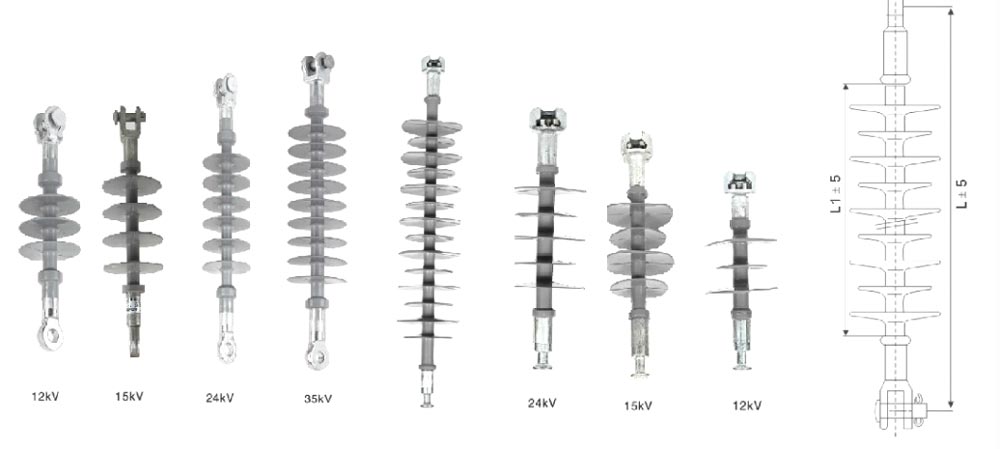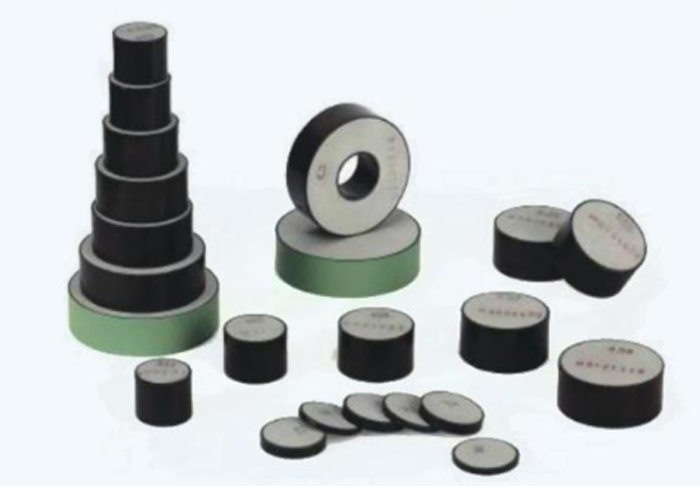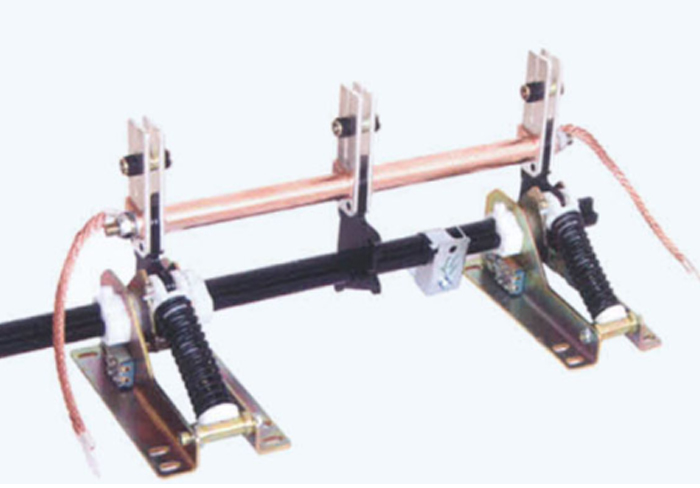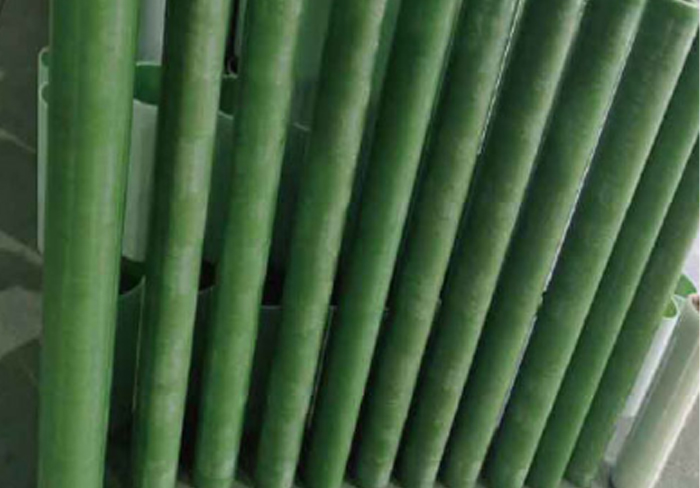High-voltage insulators are an indispensable and important part of the power system, and they undertake many important functions. This article will explore the functions of High-voltage insulators from multiple aspects.

Ⅰ. Ensure line operation
High-voltage insulators can ensure the normal operation of the power system. In the process of high-voltage transmission, the power system needs to transmit high-voltage electricity from the power plant to the user, and in this process, it is necessary to avoid leakage or loss of electricity. High-voltage insulators can effectively isolate the electrical connection between the poles and the wires, prevent current leakage or grounding, and ensure the safety and efficiency of power transmission.
High-voltage insulators also have anti-pollution flashover function. In outdoor environments, the surface of insulators is easily corroded by various pollutants, such as dust, moisture, rain, etc. These pollutants will cause the surface of the insulator to accumulate charges, increase the voltage gradient of the insulator, and then cause discharge, and in severe cases, flashover. High-voltage insulators are made of special materials, have good anti-pollution flashover performance, can effectively resist the influence of the external environment on the insulator, and ensure the stable operation of the power system.
Ⅱ. Provide safety guarantee
High-voltage insulators can also withstand various mechanical loads in the atmospheric environment. In high-voltage transmission lines, insulators need to support the weight of the conductors and withstand external forces such as wind loads, ice loads, and temperature changes. High-voltage insulators use high-quality insulating materials and structural designs, which can withstand large mechanical stresses and ensure the stability and reliability of the line.
High-voltage insulators can also protect personal safety. High-voltage wires are suspended in the air. Once the insulators are damaged or broken, current will leak out, creating a risk of electric shock. High-voltage insulators have excellent insulation properties and can effectively isolate poles and wires, prevent current leakage, and protect personal safety.
III. Economical
High-voltage insulators can also improve the economy of the power system. The high-voltage power system has a long transmission distance. In order to reduce power loss and transmission loss, the working voltage of the transmission line needs to be increased. High-voltage insulators can withstand higher voltages, allowing the power system to achieve high-voltage transmission, reduce transmission line losses, and improve transmission efficiency and economy.
In summary, High voltage insulators have many important functions, including ensuring the normal operation of the power system, resisting pollution flashover, bearing mechanical loads, protecting personal safety, and improving the economy of the power system. In the power system, the role of High-voltage insulators cannot be ignored. It is a key component of the normal operation and safety and stability of the power system. With the continuous development and improvement of the power system, the performance and function of High-voltage insulators will also be further improved, providing better guarantee for the reliable power supply and safe operation of the power system.

 EN
EN



